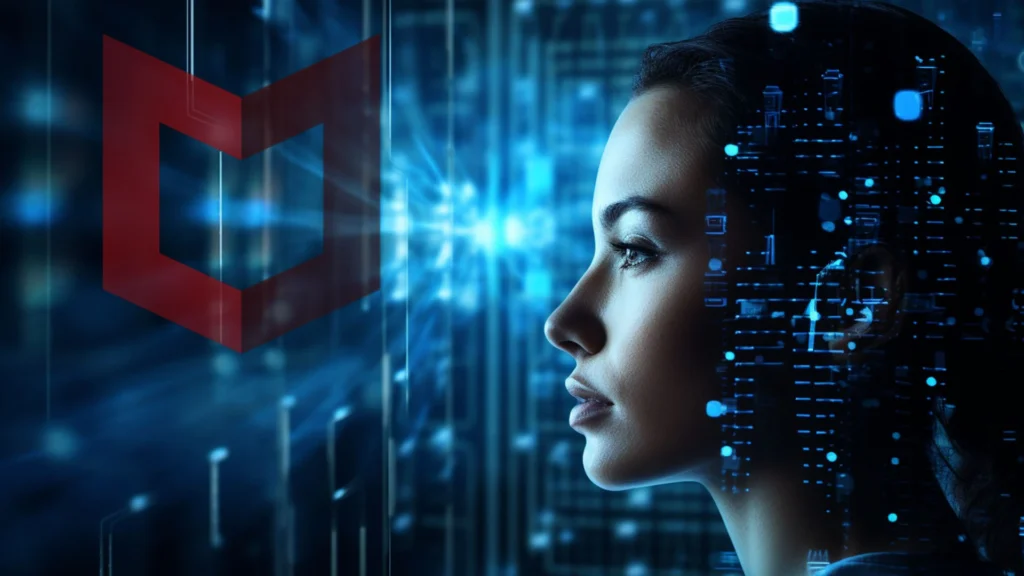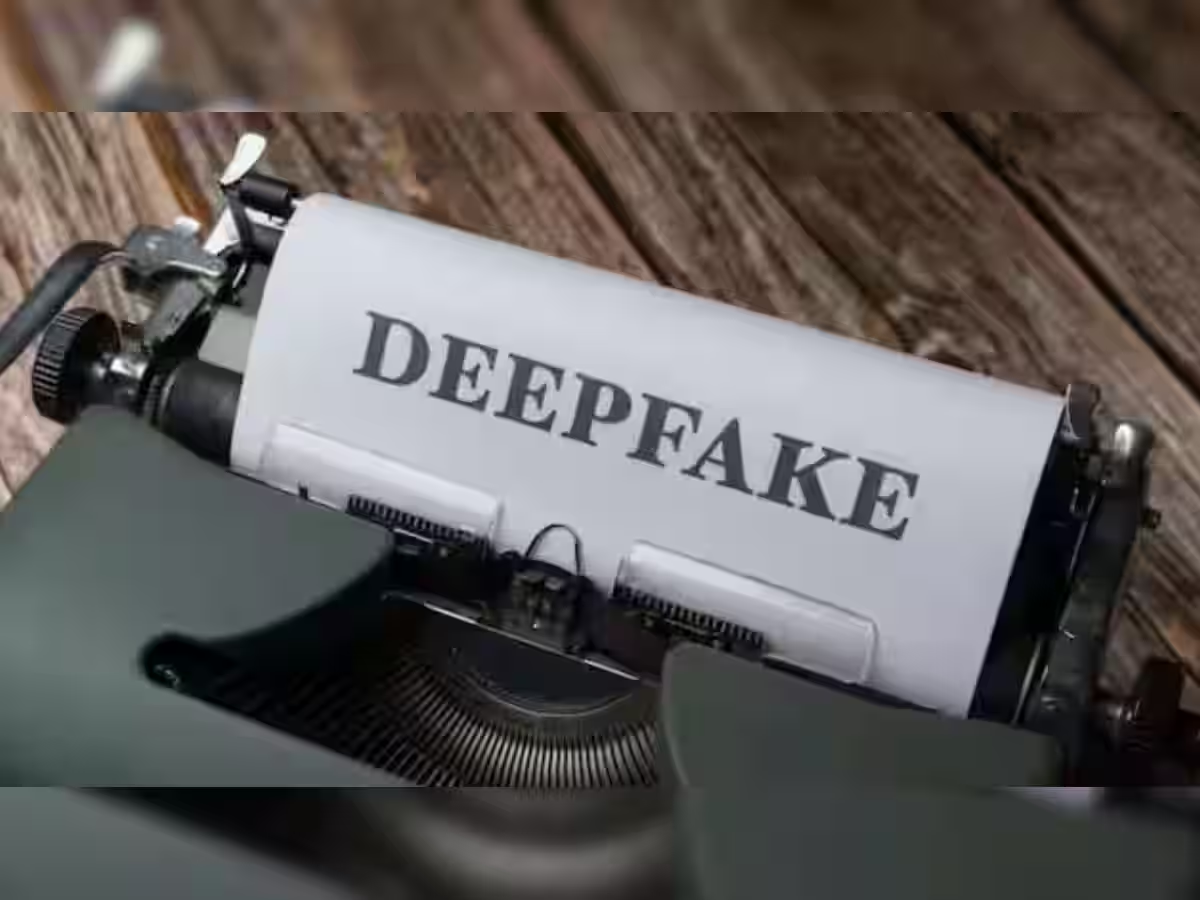Based on research conducted earlier this year, the global security software company McAfee issued a report in which it stated that about 22% of Indians surveyed claimed to have recently come across a political deepfake that they later found to be fake.

According to McAfee, among those concerned about deep fakes, 55% cited cyberbullying as their main concern. Other concerns included 52% producing fake pornographic content, 49% aiding scams, 44% posing as public figures, 37% undermining public confidence in the media, 31% influencing elections, and 27% falsifying historical facts.
Since the release of new massive language models and text-to-image generators last year, it has become much simpler and less expensive to produce fake content and distribute it online, despite the difficulty social media sites have in identifying and flagging it.
Because they may not have realised they were duped by deepfakes and may not have reported it, McAfee pointed out that the true number of affected individuals may be far greater.

The people of India cannot be claimed to be in the same boat as Big Tech platforms, who are preparing to implement AI protocols by the time of the US elections.
Deepfake Trend
Deep Fake frauds, which pose as well-known public figures from industries including business, politics, entertainment, and sports, have become increasingly common. They imitate not just consumers but even these popular figures. Due to the fact that a large number of people in India unintentionally share deepfake content without checking its source on social media platforms, particularly Telegram and WhatsApp groups, this problem is exacerbated there. According to the McAfee research, “there are also paid troll armies that facilitate such acts.”
Many Indian celebrities have been the target of deep fakes, including Virat Kohli, Aamir Khan, Ranveer Singh, Sachin Tendulkar, and Rashmika Mandana.



